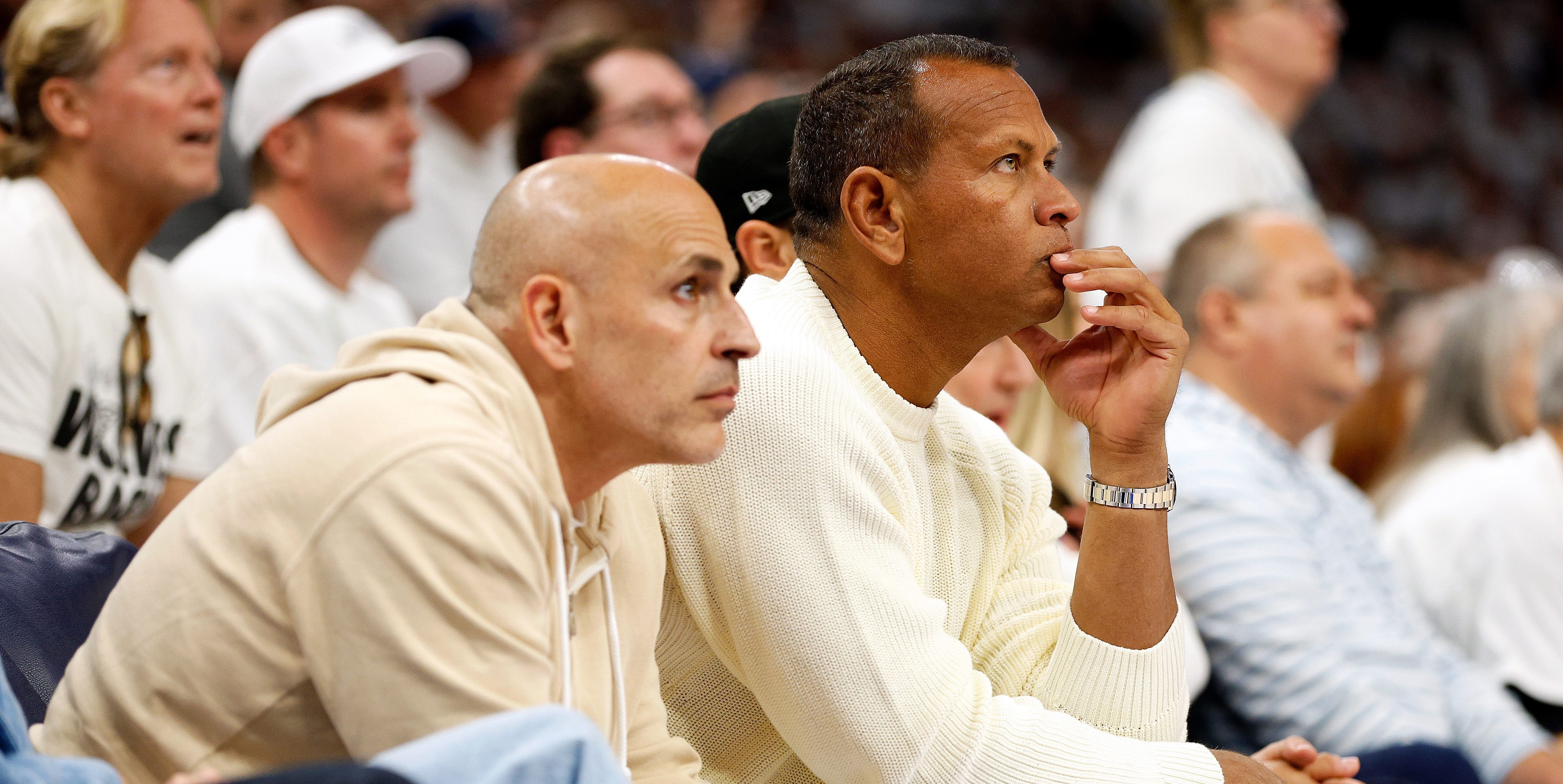
ESPN.com's Scott Burnside reported on Saturday that the 2009-10 National Hockey League season will begin like the previous two: in Europe.
After sending two teams overseas last season and four teams this past October, Burnside reports that hockey fans should expect to see six teams kick things off next fall (the St. Louis Blues, Florida Panthers, Detroit Red Wings, Chicago Blackhawks are rumored so far) and possibly eight the following year.
Sweden, Prague, Helsinki and Berlin are possible destinations for NHL Premiere 2009. No word yet if any hockey fans in Berlin get free Panthers tickets if they have a valid German driver's license ....
The future of NHLers participating in international competition is a point of debate, according to Burnside:
The agreement is significant because it marks the first major confrontation between the NHL and the NHLPA under new union head Paul Kelly. Kelly took over from Ted Saskin, who was ousted by the players following the end of the lockout that scuttled the 2004-05 season.
To reach the deal, the two sides had to open the current collective bargaining agreement to make the changes to wording governing international play.
Under the old deal, the union -- which receives half the revenues generated by international events -- was required to put all of that money into its pension fund. Now it will be able to allocate that money to other programs, provided the membership is in agreement.
Although the money collected from the regular-season games isn't significant -- the union actually ended up losing money thanks to some airline issues last fall -- the key in this agreement is the World Cup of Hockey.
Formerly the Canada Cup, the World Cup of Hockey will look to return in 2011, a year after the Winter Olympics in Vancouver, which could possibly be the last time that the NHL sends its players to participate. For Olympic village furniture everywhere, the fact that Chris Chelios should be retired by then is a welcomed idea.
Sports
Several parties would benefit from the World Cup of Hockey. Is ESPN one of them?
Gary Bettman is dead-set on expanding the NHL brand across Europe, despite killing any sort of buzz to open the NHL season. Since the NHLPA is also behind this, there's no focusing the blame on these season-opening games just on Bettman and his European fantasy. With an increased share of the revenues, the players are also benefiting from playing any games overseas.
Could another beneficiary of a World Cup competition in 2011 be ESPN? Puck the Media's Steve Lepore had an interesting take this when discussing the interesting choice of year in holding the tournament:
I'm sure tons of you read that statement and thought "2011? There's no real ring to a 2011 WCH. What up, NHL?" Well, here's what's up. The NHL's deal with VERSUS for televising hockey ends in June of 2011. Which means, a World Cup, held in the Fall of 2011 in arenas around the world, would be the first event under the NHL's next television deal, be it with VERSUS/NBC, ESPN, or somebody else.
This will, in our opinion, drive up the NHL's business to a slightly higher number than it would get for simply NHL regular season/playoffs/Stanley Cup. It'd likely bring their price over $100 million, which would increase national TV revenues for each team by $1-2 million. Every little TV bit helps.
In a dream world, ESPN will sign back play-by-play man Jack Edwards by then to bring his homerific style during any Team USA broadcast.

And, if by chance, the US should upset Canada in dramatic fashion, Edwards can bring back his famous line, "Mine eyes have seen the glory!", which he used during the 2002 FIFA World Cup as the USA defeated Portugal in their opening match of the tournament.
With the World Cup back on the NHL and IIHF calendar, what would be the need to continue sending professionals to the Olympic games?
Burnside notes it would be a nice bridge between competitions, but could it possibly be overkill with players taking part in these tournaments regularly? You would think the World Cup would become an every-four-years event and played in-between Olympic years, but is that something that would sit well with owners and general managers?
Having their players play a summer and mid-season tournament on a regular basis could prove to be a risk they aren't willing to take.



